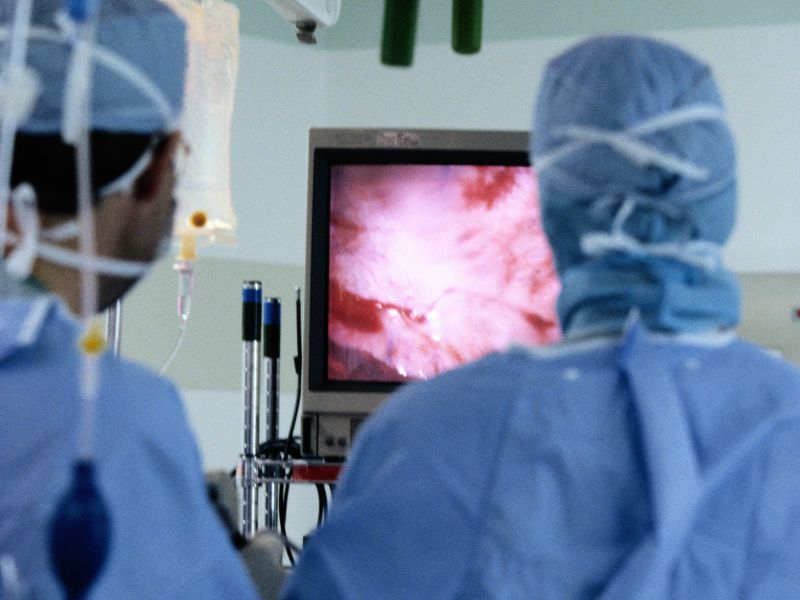
Related MedlinePlus Health Topics
Friday, January 15, 2016

FRIDAY, Jan. 15, 2016 (HealthDay News) -- A newly designed Olympus duodenoscope was approved Friday by the U.S. Food and Drug Administration.
The new device has modifications to reduce the risk of bacterial infections, the FDA said. The original model will be recalled and repaired by Olympus, according to the FDA.
Duodenoscopes are flexible, lighted tubes. During a procedure, the device is threaded through the mouth, throat and stomach to the small intestine. They're used to diagnose and treat problems in the liver, pancreas and gallbladder, the FDA explained.
Early in 2014, the FDA issued a warning that duodenoscopes are hard to clean. And, the FDA noted that even when health care workers follow manufacturers' directions, patients were still at risk for infection. The warning came after a number of patients who had duodenoscope procedures were infected with drug-resistant "superbugs."
The FDA issued recommendations for the cleaning and sterilization of duodenoscopes. The agency has also been working with three makers of the devices to improve their safety.
Along with design modifications to its device, Olympus also made labeling changes. The company also said it will conduct annual inspections of each scope in use to ensure their safety.
"We have made it a top priority to improve the safety of duodenoscopes and help protect patients from bacterial infections associated with these medical devices," Dr. William Maisel, deputy director for science and chief scientist in the FDA's Center for Devices and Radiological Health, said in an agency news release.
The design modifications were to a part of the device known as the elevator channel. Leakage into the elevator channel posed an infection risk to patients because this sealed area cannot be cleaned and disinfected between use in different patients.
"The Olympus TJF-Q180V's new design, as well as the new annual inspection program, is intended to reduce the risk of fluid leakage into the elevator channel, which in turn can reduce patient exposure to bacteria and other potential infections," Maisel said.
Olympus estimated approximately 4,400 of these duodenoscopes are currently in use in U.S. health facilities. The company estimated that repairs to these devices will be completed by August 2016. While awaiting repair, health facilities can continue using the devices but must closely follow the manufacturer's reprocessing instructions, the FDA said.
SOURCE: U.S. Food and Drug Administration, news release, Jan. 15, 2016
HealthDay
Copyright (c) 2016 HealthDay. All rights reserved.
- More Health News on:
- Infection Control
- Medical Device Safety





























.png)











No hay comentarios:
Publicar un comentario